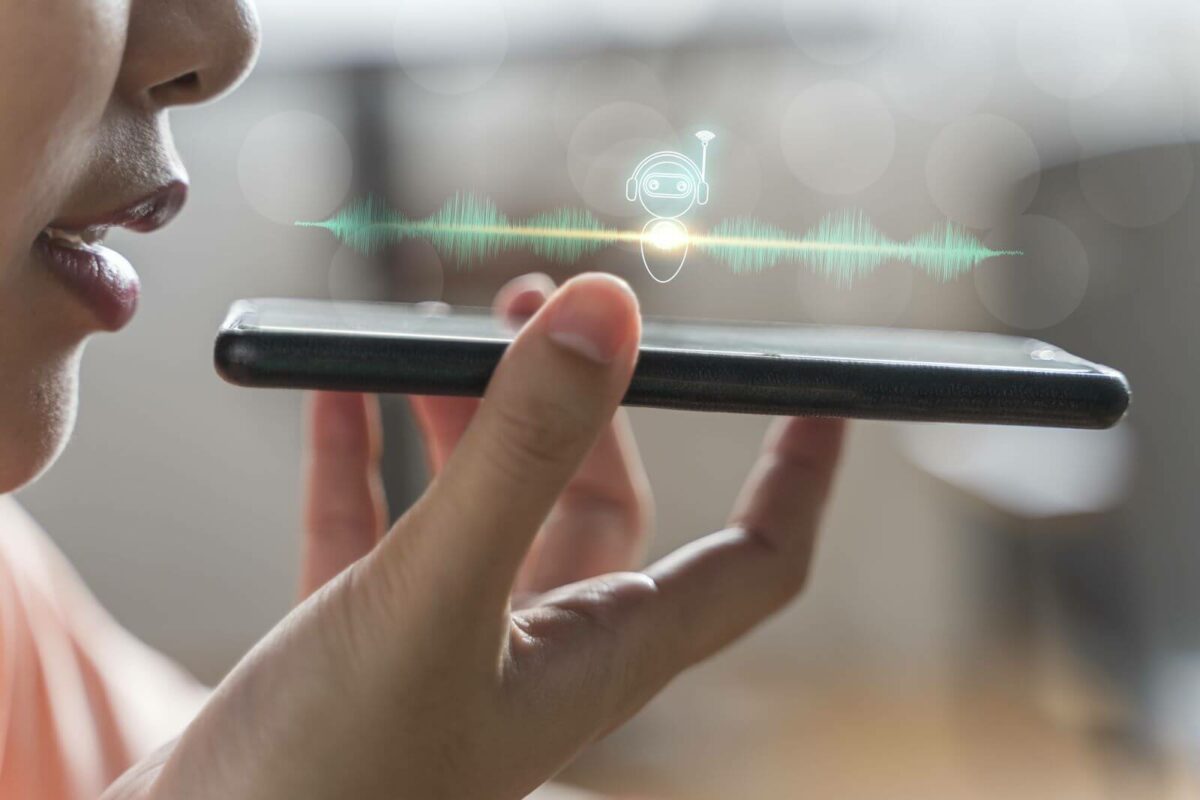Are you worried about the artificial intelligence revolution? The 21st century and the new millennium is well in full swing now, and many of the dates of our most beloved and feared science fiction lore have already come of date. What we are discovering is that rather than tales of robots taking over the world, artificial intelligence (AI) is actually making our lives easier, by integrating itself into our technology, tracking our preferences and creating a more user-friendly experience.
When it comes to the hearing-impaired community, AI is coming into use in many helpful ways. The World Health Organization (WHO) predicts that 466 million people worldwide struggle with hearing loss and this number is projected to double in the next 30 years. While hearing loss can’t be reversed, and proper education around prevention and treatment needs to be better understood, for those of the growing hearing-impaired community, AI will be there to support them. This will make their access to conversations, and an active lifestyle easier than ever before. Here are just some of the ways:
AI and Automatic Speech Recognition (ASR)
Automatic speech recognition (ASR) allows for audio input to be converted into easy-to-read captions. This technology is often described as talk to text and relies on AI in the form of machine learning to decode what is being said and attribute context. Machine learning tracks user preferences to predict the intent of conversation to accurately convert it to text.
ASR is employed not only during in person conversations, such as business meetings or social events, but for phone calls and video chats making it the wave of the future in closed captioning in real time for those with hearing impairments. This will be a key player in making the workplace and educational environments more accessible to those with a hearing impairment.
AI and Sign Language
With the prevalence of social media for sharing trends and ideas, such as Instagram, Tiktok and Youtube, it can leave many people with hearing impairments feeling left out—especially for those who rely on sign language. However, advancements in AI are being developed to make media more accessible to the deaf community through the introduction of new avatars which can act as sign language interpreters. It is estimated that around 70 million people use sign language worldwide in over 300 different sign languages as cultures across the world use their own unique dialect. However, AI sign language interpreter avatars can be programmed to bridge this communication gap, learning all the different sign languages, which also incorporated distinct body language and facial expression.
AI and Voice Assistants
Many of us may have been resistant to the introduction of Voice assistants like Google’s Alexa and iPhone’s Siri at first. However, now it is widely being integrated into smartphones and smart homes across the world. A surprising new benefit of these AI assistants is how they can support people with hearing loss. A similar technology to Alexa and Siri has been geared towards the hearing impaired. AI-based voice assistant called FOX uses speech perception and patient outcome tests in its fitting optimization algorithm. to give patients an improved outcome and better tailor their cochlear implant to meet their needs. This can improve text to speech functions for improved accessibility for the deaf community who struggle to voice their concerns due to a deaf accent. However, being text-to-speech allows for easier navigation through automated systems and makes phone conversations accessible as well as real time conversations.
The Future of AI and Hearing Aids
AI is popping up in all our technology these days and hearing aids are certainly no exception. We required different listening settings for different environments. Some of the newest hearing aids are using AI to track your preference for listening programs and with the use of GPS technology can automatically switch to your listening preferences automatically every time you reenter a familiar place. This creates an ease that you won’t even notice, except to enjoy its ease and convenience. More and more applications of artificial intelligence continue to be engineered to create more access for those hard of hearing in information entertainment, navigation and more. As AI continues to grow in capabilities, we invite you to discover what AI can do for you and your hearing impairment. Contact us today to schedule your next hearing consultation and discover the world of AI now!

